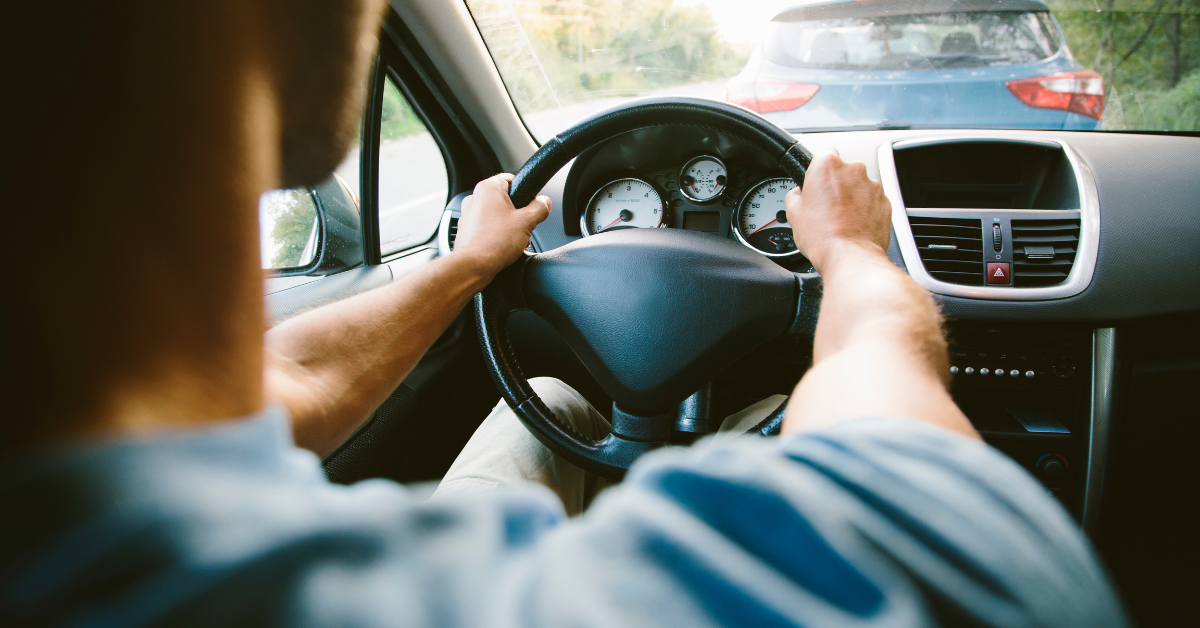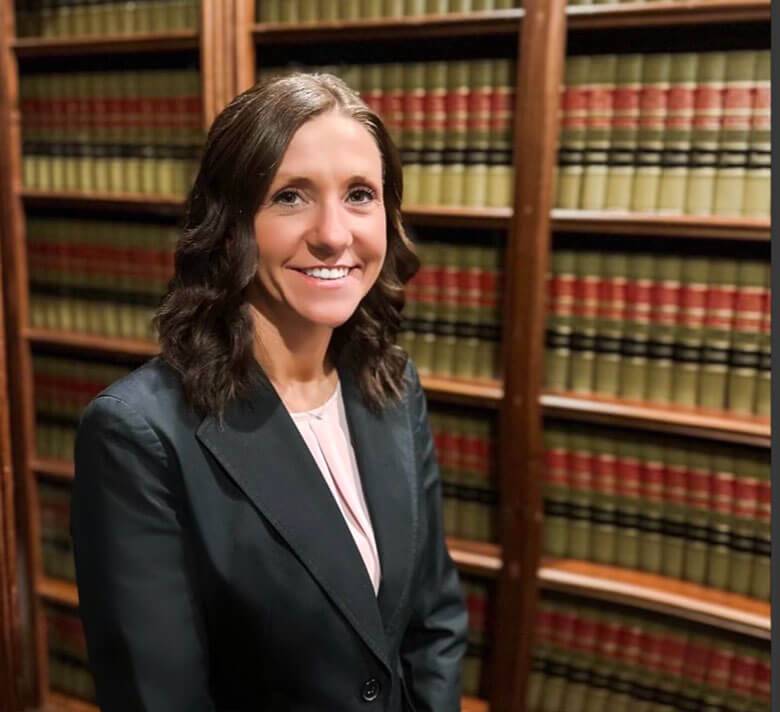
Drugged driving is an increasingly serious problem, and it’s affecting West Virginians on a large scale. As more drivers are involved in accidents while under the influence of drugs, the need to understand the risks, laws, and your legal rights is more important than ever. Here, we’ll cover key statistics, West Virginia’s drugged driving laws, and what to do if you’re the victim of a drugged driving accident.
Drugged driving is on the rise across the United States. In 2016, over 11.8 million people reportedly drove under the influence of drugs. Marijuana and prescription painkillers are the most common drugs found in drivers’ systems after accidents.
THC, the active ingredient in marijuana, can stay in the body for weeks, which complicates testing and regulation. Despite this, drugged driving remains a deadly issue across the nation.
West Virginia is no exception to the national trend. Drugged driving incidents have been steadily increasing over the past few years, mirroring the effects of the opioid crisis and medical marijuana legalization.
The state continues to face challenges as more people drive with drugs in their systems, increasing the likelihood of fatal accidents.
In West Virginia, driving under the influence (DUI) applies not only to alcohol but also to drugs.
Anyone operating a vehicle under the influence of a controlled substance can face criminal charges. This includes drivers who use prescription drugs that impair their abilities.
Moreover, if someone is a habitual user of narcotics, driving under their influence is still grounds for a DUI.
With the introduction of Senate Bill 386 in 2017, West Virginia implemented a per se law regarding marijuana use and driving.
This law makes it illegal to drive with 3ng/ml or more of THC in your blood, even if you’re a registered medical marijuana patient.
Under this rule, anyone with this level of THC is considered DUI, regardless of whether it visibly affects their driving abilities.
This strict stance has left some worried about an increase in drugged driving incidents.

The opioid epidemic has hit hard across the U.S., and West Virginia is no exception.
The U.S. Department of Health and Human Services (HHS) has declared the opioid crisis a public health emergency, with opioid overdoses causing more than 42,000 deaths in 2016 alone.
Opioids, including both prescription painkillers and illicit drugs like heroin, have played a role in increasing drugged driving incidents.
As opioid misuse grows, so does the risk of impaired drivers on the road, leading to more accidents and fatalities in West Virginia.
To address the rise in drugged driving, West Virginia law enforcement is receiving additional training funded by Responsibility.org, an organization focused on responsible drinking and driving prevention.
This training aims to improve officers’ ability to identify and handle drugged driving cases.
DUI checkpoints are also used to identify impaired drivers, including those under the influence of drugs.
Law enforcement officers are equipped with testing tools and techniques to detect drugs, which helps to reduce drugged driving incidents and improve road safety.
If you’ve been in an accident with a drugged driver, prioritize your safety. Call 911 and report the accident, then seek medical attention right away. Document as much as possible, including photos, police reports, and witness statements.
Contact your insurance company to report the accident, but avoid giving a recorded statement to the insurance adjuster.
Stick to the facts, and don’t accept any settlement without first consulting a personal injury lawyer.
Hiring a West Virginia car accident attorney after a drugged driving incident can make a significant difference in your case.
A lawyer can guide you through each step, from filing claims to collecting evidence, and they’ll handle communications with the insurance companies on your behalf.

A personal injury attorney can help maximize your compensation for damages like medical bills, lost wages, and pain and suffering.
This support can be invaluable as you navigate the aftermath of a drugged driving accident.
Yes. If prescription drugs impair your ability to drive safely, you can face a DUI charge in West Virginia.
Under West Virginia law, drivers with 3ng/ml or more of THC in their blood are considered DUI, even if they are medical marijuana patients.
West Virginia has a strict per se law for marijuana and specific DUI laws that include controlled substances, similar to other states with strict drugged driving laws.
Drugged driving is a serious and growing problem in West Virginia, but you don’t have to handle the aftermath alone. If you or a loved one were victims of a drugged driving accident, working with an experienced personal injury attorney can help you secure fair compensation and hold the responsible party accountable.
Contact Manchin Injury Law Group today to discuss your case and learn about your options. Our team of dedicated attorneys is ready to support you every step of the way. Let us help you get the justice you deserve.

Associate Attorney at Manchin Injury Law Group
Practice Area: Personal Injury

Attorney Timothy Manchin established the Manchin Injury Law Group in 2011 after his law partner of more than 25 years became a West Virginia circuit court judge. His focus is on helping individual clients and entire families victimized by negligent acts.
We offer a free initial consultation at our office in the Manchin Professional Building — our home since 1983 — conveniently located in Fairmont.
If you are unable to visit our firm, we can come to your home or hospital room.
Fill out the form below to get in touch!